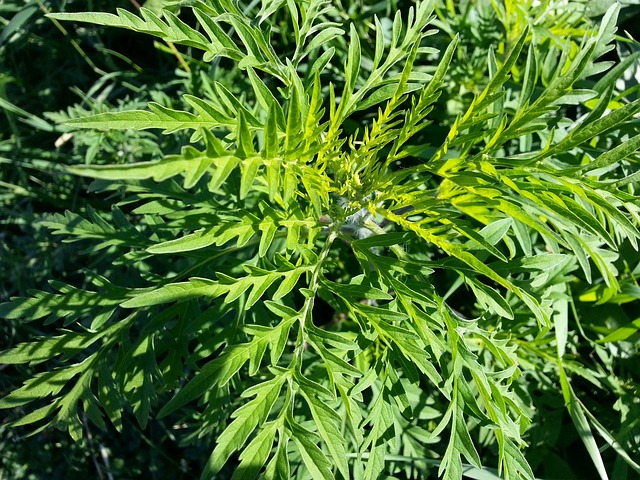By Clint Thompson
A sound weed management program early in the season is essential for snap bean producers.

Ramdas Kanissery, weed scientist and assistant professor at the University of Florida Institute of Food and Agricultural Sciences Southwest Florida Research and Education Center, highlights the importance and impact that weed suppression can have on bean production.

“I would say when it comes to beans, early control is the key here for weeds. You have to make sure you start with clean ground and clean seeding or planting material,” Kanissery said. “All of the field sanitation should be followed by the growers. Research has suggested that the early few weeks, and beans are a short crop (60-75 days), that initial 3 to 4 weeks is a critical weed-free period. If you keep the weeds away in that initial time, early in the growth stage of the beans, that’s the key there.
“Season long is important, but we need to emphasize that early growth stage.”
Various weeds top the list of bean producers’ concerns in South Florida.
“It depends on the soil type and exact location, but, we’re observing a lot of ragweed, lambsquarters, parthenium. Parthenium is a very big issue these days. It’s kind of tolerant of many herbicide programs. We do see some purslane, nutsedge; actually, everything to be honest with you,” Kanissery added.
Cover crops are a unique tool with proven effectiveness in weed suppression.
“When there’s fallow cropping or a fallow season, when there’s no crops involved, plant a cover crop. It has a lot of advantages. The growers will see those advantages in the upcoming cropping season. The cover crops can actually suppress a lot of weeds,” he added.
Weed management remains a vital tool for Florida’s specialty crop producers. Weeds like nutsedge, ragweed and pigweed can fight for essential nutrients and water that crops need to grow and produce yields.
“Whatever you need to boost to the crop, it should go to the crop and not be stolen away by the weeds,” Kanissery said.










